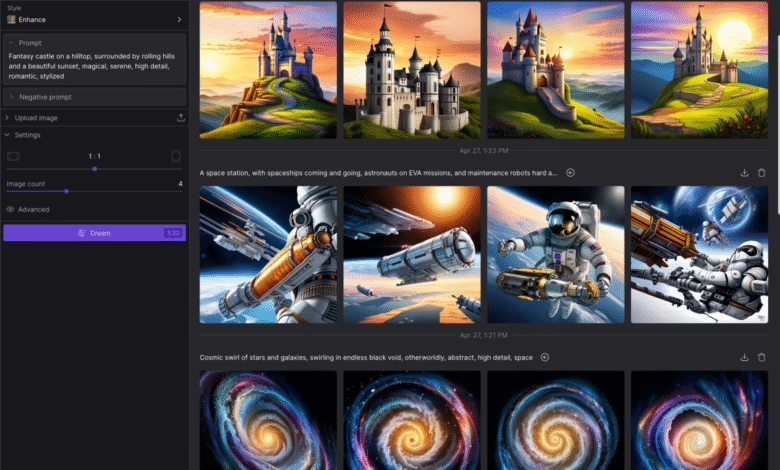Getty Scales Back AI Copyright Case, UK Lawsuit Still On

▼ Summary
– Getty Images dropped its primary copyright infringement claims against Stability AI in a UK court, though other claims and a separate U.S. lawsuit remain.
– The dropped claims involved allegations that Stability AI used millions of Getty’s copyrighted images to train its AI model and produced outputs resembling Getty’s watermarked content.
– Legal experts suggest Getty likely dropped the claims due to weak evidence, jurisdictional issues, or inability to prove substantial reproduction of copyrighted material.
– Getty continues to pursue secondary infringement and trademark claims, arguing AI models themselves might infringe copyright if used in the UK.
– Stability AI faces additional legal challenges, including a $1.7 billion U.S. lawsuit from Getty and a separate complaint from visual artists over copyright infringement.
Getty Images has significantly narrowed its high-profile copyright lawsuit against Stability AI in the UK, though legal battles continue on both sides of the Atlantic. The company withdrew its core allegations of copyright infringement this week at London’s High Court, marking a pivotal moment in the ongoing debate over how artificial intelligence firms utilize copyrighted material to train their models. While the UK case persists with secondary claims, the development highlights the complex legal terrain surrounding generative AI and intellectual property rights.
The dispute began in early 2023 when Getty accused Stability AI, creator of the popular Stable Diffusion image generator, of unlawfully using millions of copyrighted images to develop its AI system. Getty further alleged that some AI-generated outputs bore striking resemblances to its protected content, even displaying remnants of its proprietary watermarks. However, both of these central claims were formally dropped this week, leaving only secondary infringement and trademark disputes active in the UK lawsuit.
Legal experts suggest the withdrawal stems from jurisdictional challenges and evidentiary gaps. “Getty likely struggled to prove a strong enough link between Stability AI’s actions and UK copyright law,” noted Ben Maling, a partner at law firm EIP. Additionally, the company reportedly faced difficulties demonstrating that AI-generated outputs substantially replicated protected elements from the original works. Getty framed the decision as strategic, allowing its legal team to concentrate on claims with higher chances of success.
Stability AI welcomed the move, stating it was pleased to see multiple allegations dismissed after testimony concluded. The startup maintains that Getty’s remaining trademark claims lack merit, arguing consumers don’t associate AI-generated watermarks with Stability’s branding.
Meanwhile, the legal conflict extends beyond the UK. Getty’s U.S. lawsuit, filed in February 2023, seeks staggering damages, up to $1.7 billion, for alleged unauthorized use of copyrighted images. A spokesperson confirmed the UK decision doesn’t affect this separate case, which remains pending amid Stability AI’s motion to dismiss.
The controversy reflects broader tensions in the AI industry. Stability AI faces additional lawsuits from visual artists who claim their work was exploited without consent, while Getty itself has launched a competing AI tool trained exclusively on its licensed iStock library. As courts grapple with these unprecedented legal questions, the outcomes could reshape how generative AI companies operate, and how creators protect their intellectual property in the digital age.
(Source: TechCrunch)





